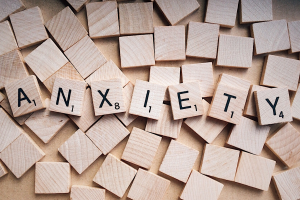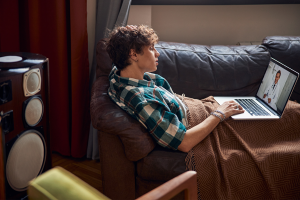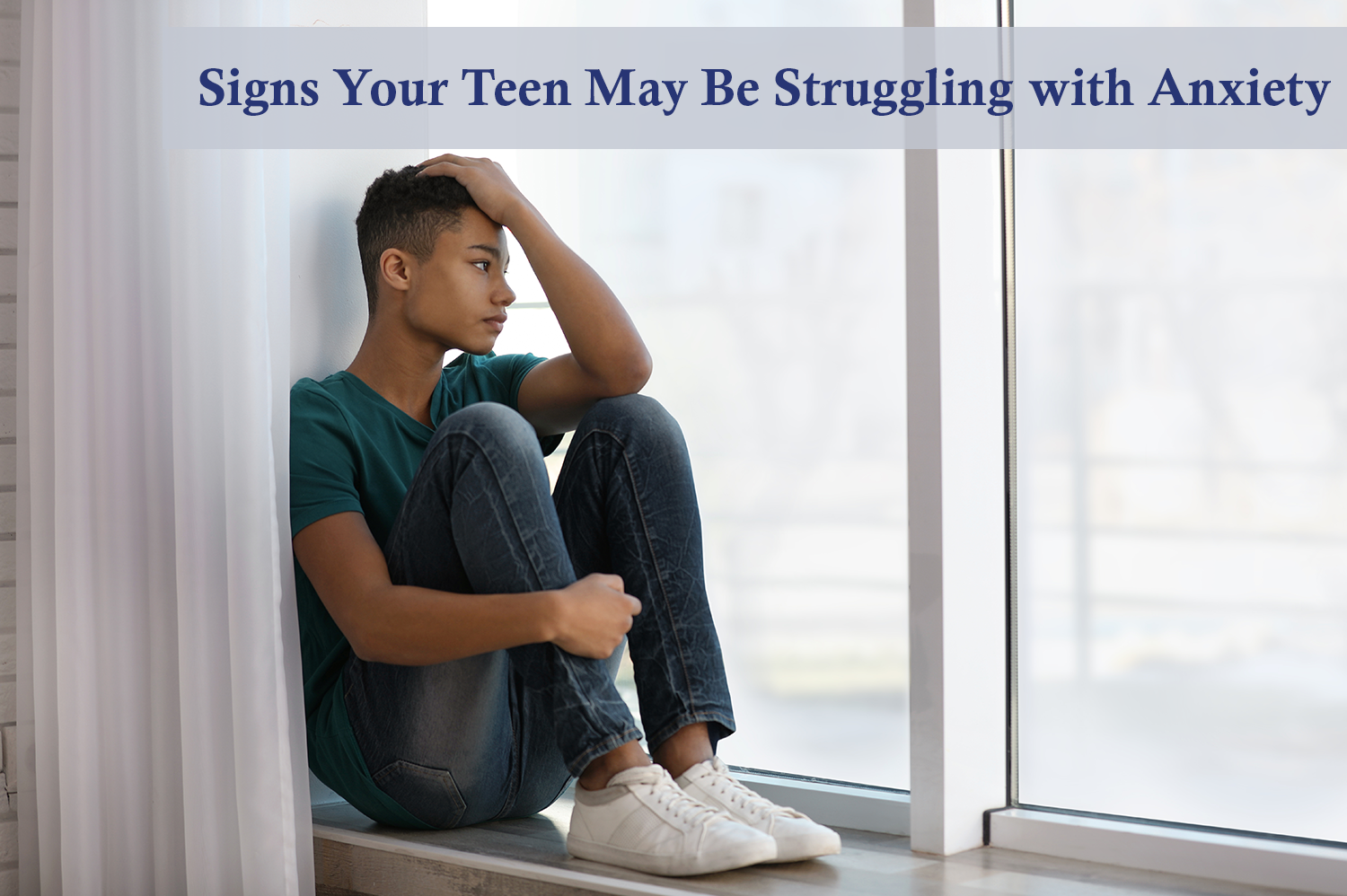Being occasionally anxious is normal for any teenager. Final exams, public speaking, and first dates can lead to some apprehension. However, for some teens, anxiety can interfere with friendships, schoolwork, and even their day-to-day life. When this happens, the presence of an anxiety disorder should be considered, but they’re not always easy to spot. To help you spot one, here are some signs you should look out for in your teen.

Anxiety is the persistent, intense worry and fear about everyday situations.
What is Anxiety?
Anxiety is the persistent, intense worry and fear about everyday situations. And unfortunately, anxiety in teenagers is increasingly common. About 32 percent of American teens between 13 and 18 have this disorder at some point. There are several different types of disorders, but here are the primary types of teenage anxiety disorders you should know.
Generalized Anxiety Disorder (GAD) is the most common. Symptoms usually appear around age 11, but can show up as early as age 6. This anxiety disorder involves excessive worry over everyday events and can last for prolonged periods of time. Social Anxiety is a disorder when a person is overcome with worry and fear in social settings. This usually shows symptoms around age 13. Social anxiety can lead to problems at school, work, and cause difficulties in personal relationships.
Recognizing symptoms is an important way to get the help your teen needs. Here are the signs you should look out for.
Physical Signs
Some anxiety disorder symptoms can mimic average physical complaints your teen may make. When in doubt, pay attention to patterns. Some headaches or stomach aches here and there are normal, but if they are frequent or tend to be triggered by the same event or thing, that’s a red flag. Here are some physical complaints you should watch out for:
- Frequent headaches or stomach aches
- Excessive fatigue
- Changes in eating habits
- Complaints of not feeling well when there is no apparent medical cause
- Shaking or sweating in intimidating situations
- Restlessness
- Trouble falling or staying asleep
- Muscle tension
Social Signs
Anxiety can also negatively affect friendships. If your super social teen is no longer making plans with friends or is avoiding their favorite activities, don’t brush it off. Here are some things you might notice:
- Avoiding extracurricular activities
- Avoiding friends and social interactions with them
- Spending more and more time alone
Behavioral Signs
Symptoms may also show themselves as behavioral changes in your teenager. Here are some signs you should look out for:
- Irritability
- Feeling on edge
- Avoiding participating in class activities
- Significant jump in grades (usually downward)
- Refusal to go to school or do schoolwork
- Refusal to speak to strangers in stores, restaurants, on the phone, etc.
- Becomes emotional or angry when separated from family or loved ones

Equity Associates is here to help your teen and their anxiety with our therapy services.
How to Help
If your teen appears to be struggling with anxiety that interferes with school, relationships, or their day-to-day functioning, it’s important to get them help. Equity Associates is here to help your teen. Our therapy services are highly personalized for one’s unique needs and with our usage of telemental health, those seeking treatment can do so in the comfort of their home. We’re based in Ridgway, Colorado but can help those anywhere in the state. No matter what, we’re always here to support those who need us.
Click here for more information on anxiety therapy.





